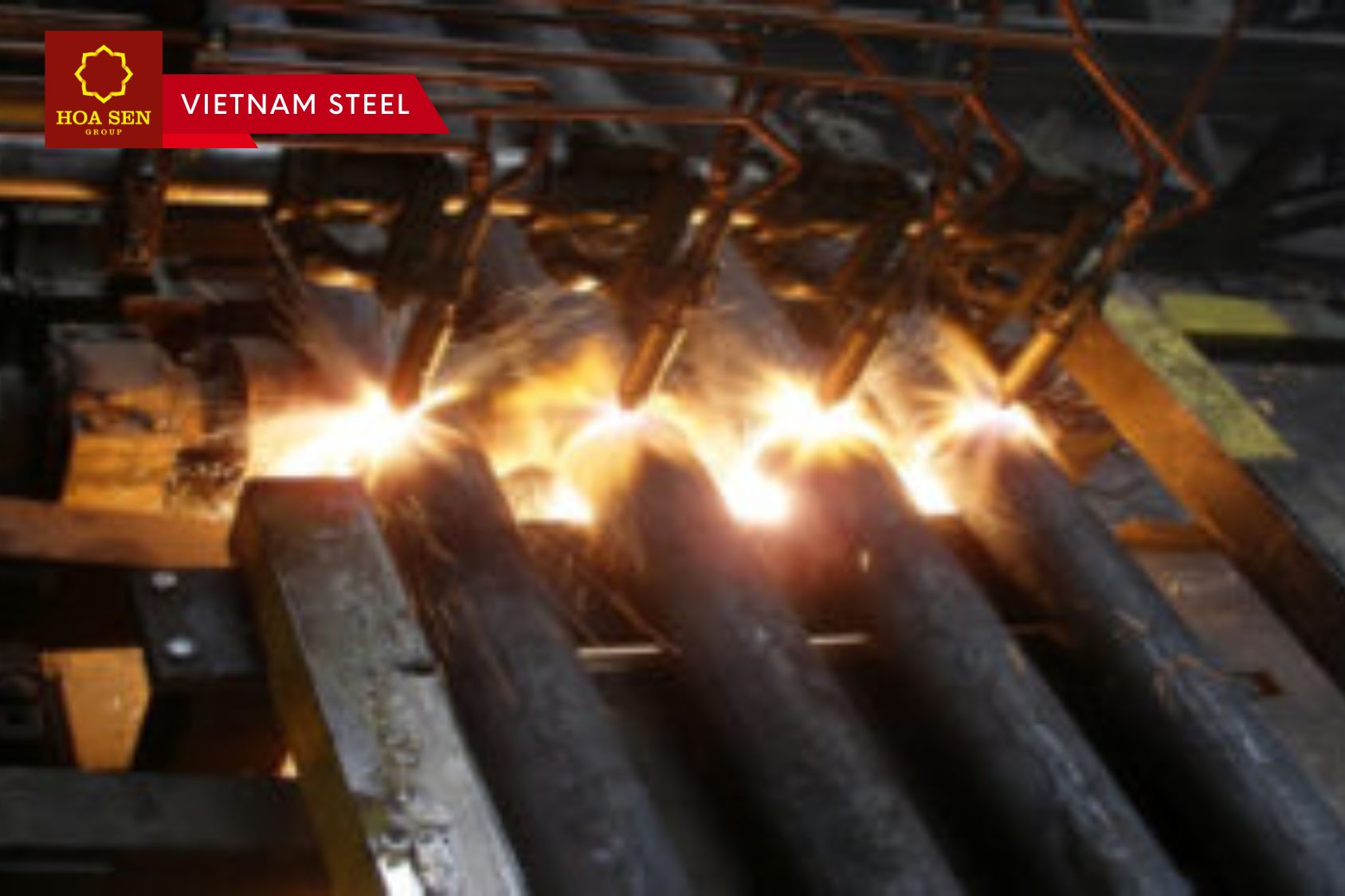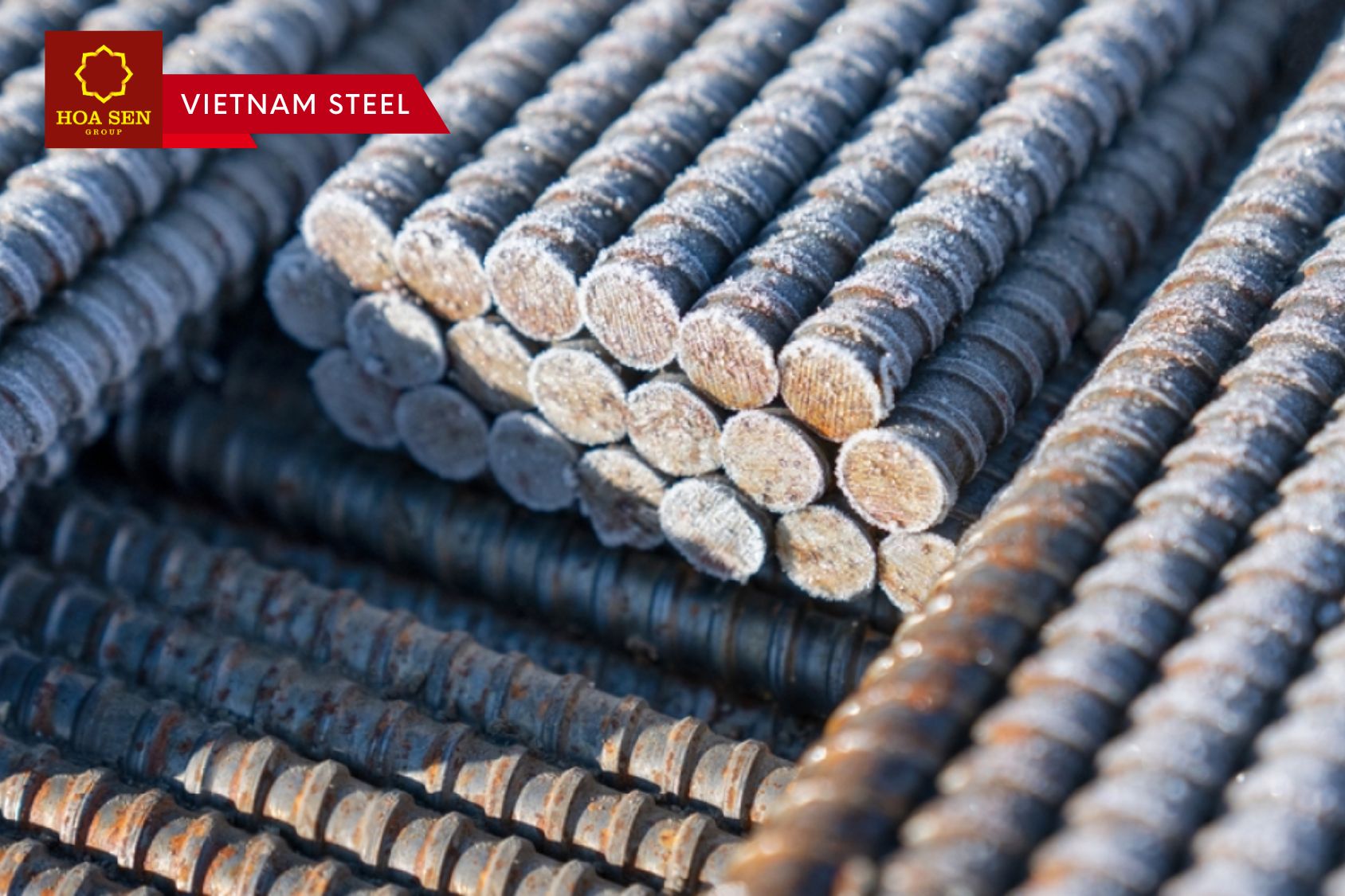In particular, there is a need to review safeguards against states participating in GFSEC
Countries participating in the Global Forum on Excess Steel Capacity (GFSEC) need more mutual support. This position of the Ukrainian side was voiced by the Deputy Minister of Economy – Trade Representative of Ukraine Taras Kachka, following the results of the meeting of the forum within the framework of the Organization for Economic Cooperation and Development (OECD).
He reminded that the forum unites countries that are trying to settle the issue of excessive steel production caused by non-competitive subsidies, Ukraine has been participating in it for several years.
First of all, Taras Kachka notes, it is necessary to cancel protective measures in the field of trade, which are applied or planned in relation to entities from states participating in the forum and sharing the principles outlined in the draft ministerial statement. The fact that steel is made in countries that share the same political goals for its production, he believes, should be seen as an investment in sustainable and friendly supply chains.
«This is especially important for achieving climate goals. Decarbonization of steel will be effective if it is supported by supply chains that encourage investment in modern technologies for decarbonization of raw materials, in particular iron ore,» noted the Trade Representative of Ukraine.
In addition, he emphasized that another important element is the use of steel capacities for processing and processing of steel from countries with excess capacities, especially from the Russian Federation and states that support its aggression against Ukraine.
Ukraine welcomes the instruments introduced to limit the flow of Russian steel to the markets of the GFSEC countries. However, Kachka notes, it is necessary to pay special attention to the steel capacities operating in these markets, which belong to Russian steel holdings or are operationally dependent on the supply of semi-finished products from the Russian Federation
«For example, the current sanctions regime of the EU against the Russian Federation provides for exceptions for the supply of steel products from Russia, which leads to distortion of competition within the European Union and demonstrates dependence and vulnerability to states with excess capacities. We need to work together to address these vulnerabilities by creating new supply chains among partners,» he explained.
As reported earlier, according to the January OECD report, by the end of 2023, global steelmaking capacity was to grow to almost 2.5 billion tons, which marks the fifth consecutive year of increase and is ahead of the latest demand forecasts. The increase in global capacity by 57.1 million tons last year is the highest annual increase over the last decade. Asia accounts for 30.5 million tons, or 53.3% of this figure.
Read more: ArcelorMittal increases long steel prices in Europe by €40/t
Vietnam Steel by Hoa Sen Group

